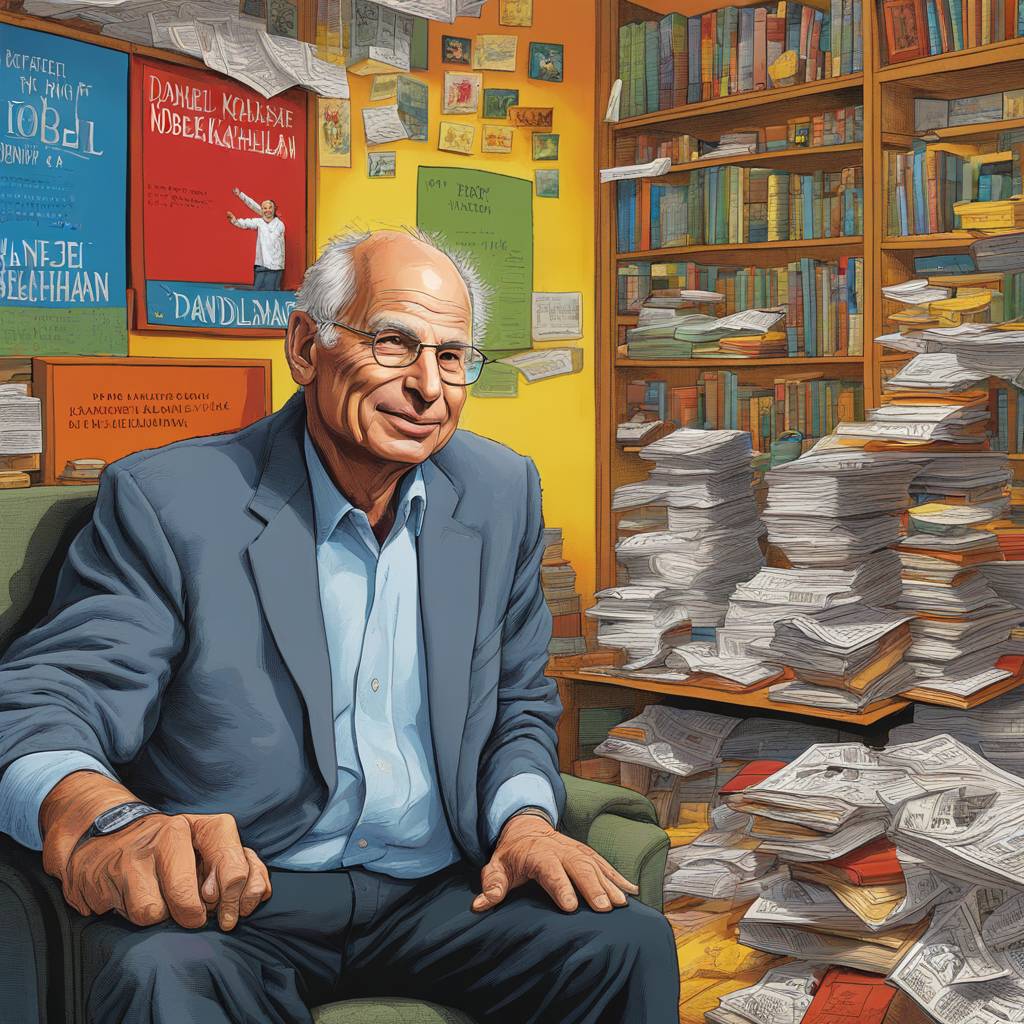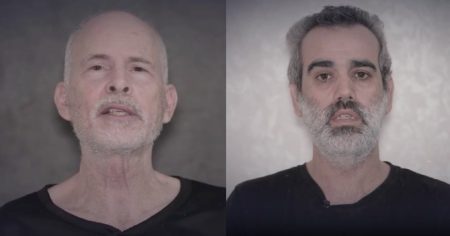Daniel Kahneman, a Nobel Prize-winning psychologist known for his groundbreaking research on decision-making, passed away at the age of 90. Along with his longtime collaborator Amos Tversky, Kahneman transformed the field of economics by challenging the assumption that people always make rational choices. Their work, outlined in Kahneman’s popular book “Thinking, Fast and Slow,” focused on the hidden biases and mental shortcuts that influence our decisions in irrational yet predictable ways. One of their key insights was the “illusion of validity,” where people falsely believe in their ability to predict future outcomes based on limited information.
An example of this illusion can be seen in an Israeli army assessment of leadership potential, where observers confidently identified future leaders based on group challenges, only to discover that these assessments were not accurate predictors of performance in officer training school. Despite this evidence, the group remained steadfast in their overconfident judgments. Kahneman and Tversky’s research revealed the importance of understanding the cognitive biases that affect our decision-making processes and highlighted the limitations of relying solely on intuition and common sense.
Barbara Tversky, the widow of Amos Tversky and a respected psychologist in her own right, confirmed Kahneman’s passing to the Associated Press. The exact circumstances of his death were not disclosed. Kahneman and Tversky forged a close partnership in 1969, with Kahneman describing their collaboration as “magical.” Their shared curiosity and intellectual prowess led to groundbreaking discoveries in the field of decision theory, with the pair developing theories like “loss aversion” and “prospect theory” to explain human behavior in the face of risk and uncertainty.
By studying how individuals react differently to losses and gains, Kahneman and Tversky shed light on the psychological underpinnings of decision-making. Loss aversion, the tendency to prefer avoiding losses over acquiring gains of equal value, helps explain why people often opt for familiar choices and resist change. Their work laid the foundation for behavioral economics, a field that integrates insights from psychology and economics to better understand how people make decisions in real-world situations. Their collaborative efforts resulted in a formidable intellectual partnership that produced groundbreaking research with lasting implications.
Kahneman’s contributions to the field of economics and psychology were recognized with a Nobel Prize in Economic Sciences in 2002, cementing his legacy as one of the most influential thinkers in his field. His book “Thinking, Fast and Slow” remains a seminal work that continues to challenge conventional views on decision-making and cognition. Kahneman’s lifelong dedication to understanding the complexities of human behavior and the underlying biases that shape our choices has left an indelible mark on the fields of psychology and economics, inspiring future generations of researchers to further explore the intricate workings of the human mind.














